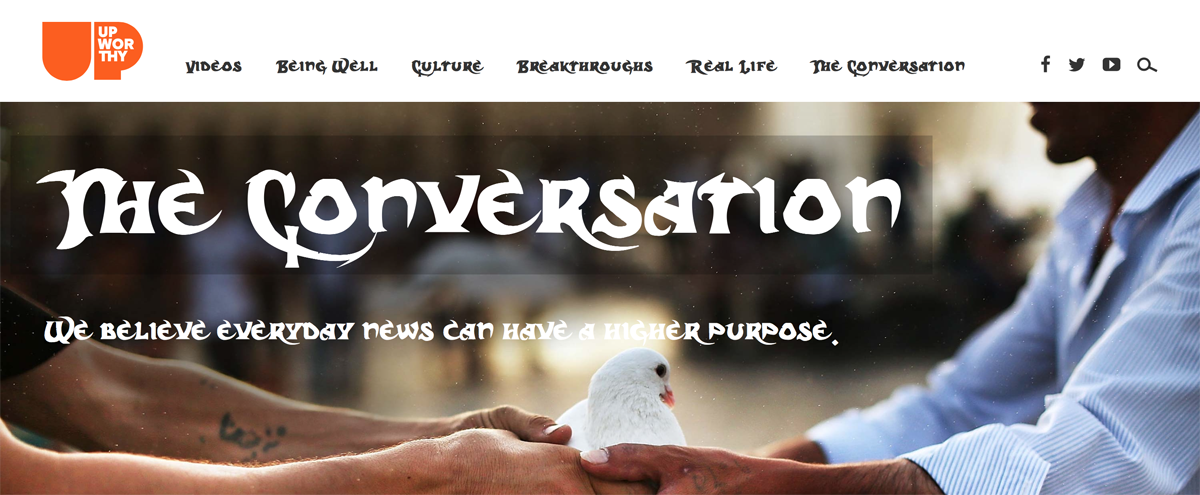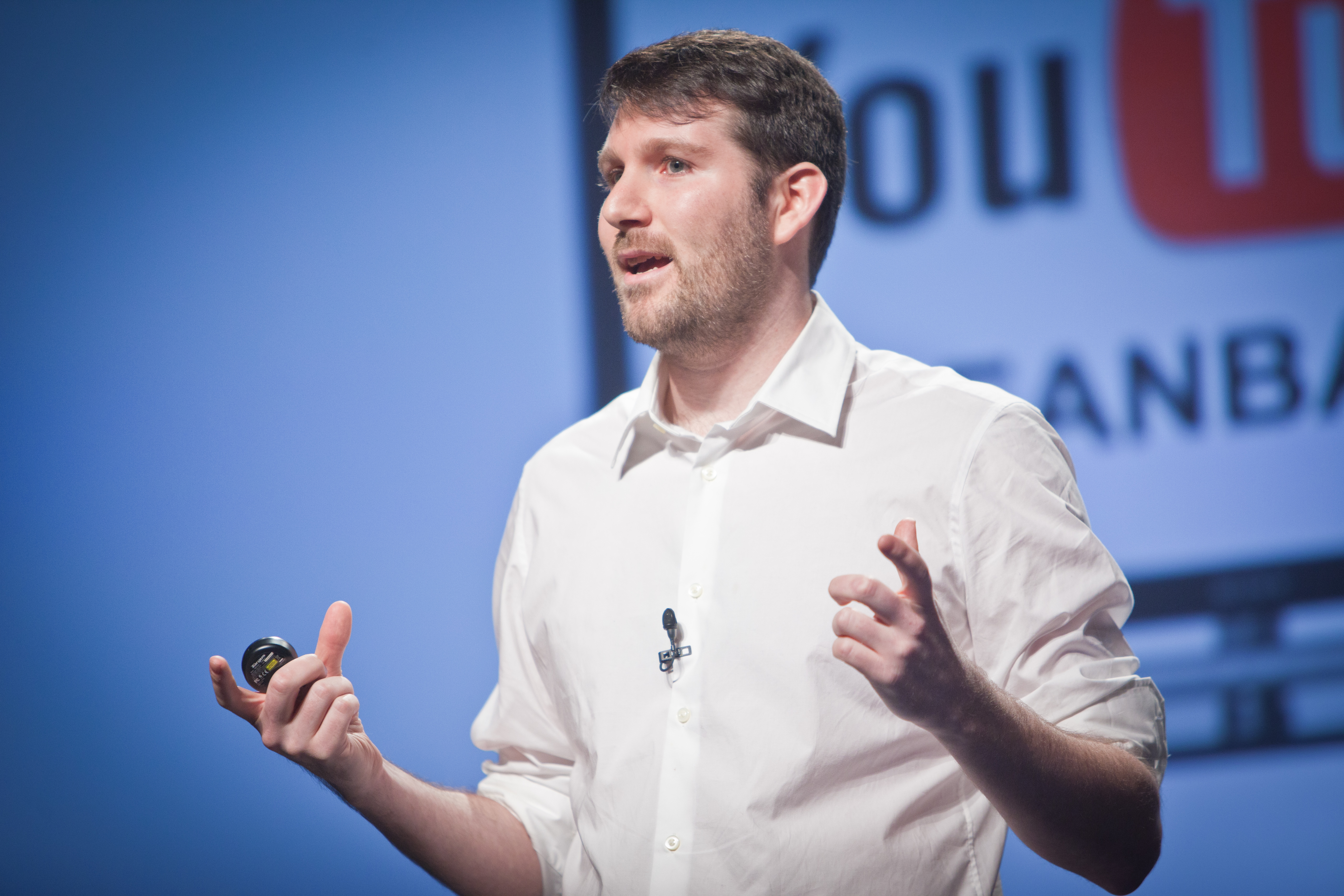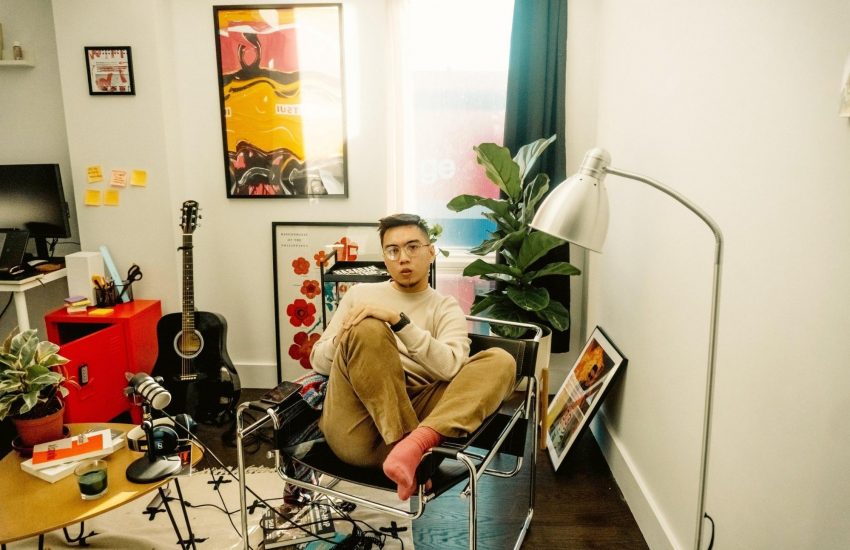Upworthy’s Eli Pariser: “I’m the proudest when our stories change the way people see the world”
Eli Pariser has made a name for himself in political activism on the web as a central figure with MoveOn.org and Avazz.org. In 2011, he coined the term “filter bubbles,” referring to the personalized information diets we subsist on that don’t challenge our worldview. The concept reemerged during the 2016 election as Americans headed to the Internet to revel with likeminded people and news that supported rather than challenged their positions. Pariser is now the CEO of Upworthy, a website he founded in 2012 which became known for employing virality and social media to promote their stories.
Storybench recently spoke to Pariser about Upworthy’s first five years, where the website places in the news-advocacy spectrum and how they partner with companies to produce content. Below, the interview briefly edited for clarity. And don’t miss the Storybench interview with Upworthy editorial director Amy O’Leary.
How do you define Upworthy’s mission?
The premise behind Upworthy is that the way we communicate cannot be simply based on accuracy anymore. You also have to care about people and have their best interests at heart. The mission has always been to draw attention to things that matter.
What we cover, I think, is what our audience is paying attention to. Our audience is young and we communicate their set of values. For example: what is ok and not ok on how women are treated right now.
At SXSW, you spoke about how the media needs to regain trust. How is Upworthy doing that?
One of the biggest advantages for us is that our editorial team is fairly similar demographically to our audience.
We build trust by telling the stories of our community and then use trust to go beyond that and tell stories of really different people and broaden our horizons. We want our audience to know that their struggles are also our struggles.
In the spectrum of news–to–advocacy, where would you place the website?
I do not really think we are either. What we do is straightforward journalism, which is a craft we really respect. But we are not an advocacy organization, as we do not measure our success by legislation passed, for example.
What we are, I think, is a digital magazine. We are an organization that does storytelling in different formats and we do it so hopefully we change the way people see the world.
How do you assess your success?
We measure ourselves against how we are doing at drawing attention to things that matter. We always see ourselves in this fast-changing media, and as digital video has become the a more central way of how people consume stories, we’ve moved our focus to that.
We use some of the fairly standard metrics — page-views, how much time people stay — but we also have a social scientist on our team to understand the persuasive impact and social impact of our stories. Those are the most illuminating insights for me, as we understand shaping what people believe in and their willingness to do something about it.
All this information is rolled back into our editorial project to make sure our stories have as much success as possible.

How does an organization like Upworthy choose its content partners?
We spend a lot of time thinking about partnering up with companies for sponsored content and ads. There is social advertising that is disingenuous, and we do not want to be part of that. We have a pretty rigorous process to determine who we will work with that includes deeply checking the facts of a campaign.
What I think we are excited about right now is that more companies understand that they need to communicate with value and a sense of purpose.
What do you consider Upworthy’s greatest achievement to be, five years into the project?
The way storytelling works, sometimes you create national narratives. There are a lot of achievements I am proud of in that sense. But I think what I am the proudest about is looking over comments and seeing people say: “I understand this now and I didn’t before,” “I see myself in it now,” or “I care about this now and I’m doing something about it.”
That is powerful. I always feel proud with these little moments, when our stories are changing people’s lives and the way they see the world.
- SXSW: ‘Excel is okay’ and other tweet-size insights for data journalists and news nerds - March 17, 2018
- NICAR: Data stories from last year that you could be doing in your newsroom - March 13, 2018
- How to scrape Reddit with Python - March 12, 2018





